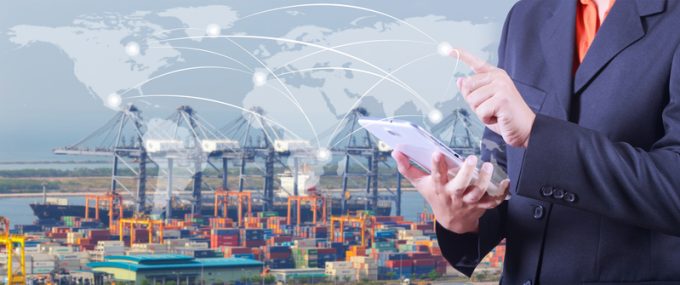HMM steams in with early (for box shipping) adoption of eB/Ls
South Korean state enterprise-owned shipping line HMM has this week committed to adopting electronic bills ...

The Digital Container Shipping Association (DCSA) has admitted that electronic bills of lading (eB/Ls) will require greater support from governments to get over the line.
eB/Ls are designed to cut down on paperwork, which would solve a number of other problems involving lost, damaged or forged bills of lading.
According to DCSA’s new report, paper B/Ls are responsible for 28,000 trees being felled annually and significantly add to the carbon cost of every shipment around the world.
This even exposes trade to geopolitical ...
Maersk u-turn as port congestion increases across Northern Europe
Ecommerce air traffic to US set to grind to a halt as de minimis exemption ends
Apple logistics chief Gal Dayan quits to join forwarding group
Transpac rates hold firm as capacity is diverted to Asia-Europe lanes
Widespread blanked sailings stave off major collapse of transpacific rates
Maersk Air Cargo sees volumes fall as it aims for 'margin in favour of revenue'
Houthis tell Trump they will end attacks on Red Sea shipping
Airlines slash freighter capacity post-de minimis, but 'the worst is yet to come'
MSC revamps east-west network as alliance strategies on blanking vary
India-Pakistan 'tit-for-tat' cargo ban sparks sudden supply chain shocks
Containership charter market feels the ripples from trade tensions
Gemini Cooperation carriers steam ahead of rivals in reliability stakes
Changing shipment origin won't wash: US CBP turns away whole truckloads
Expeditors reports healthy growth in a 'frenzied landscape of tariffs'
Airfreight players eye new routes as demand on the transpacific nosedives
Atlas Air stays bullish on US change: 'we're flexible, we can fly to other markets'


Comment on this article